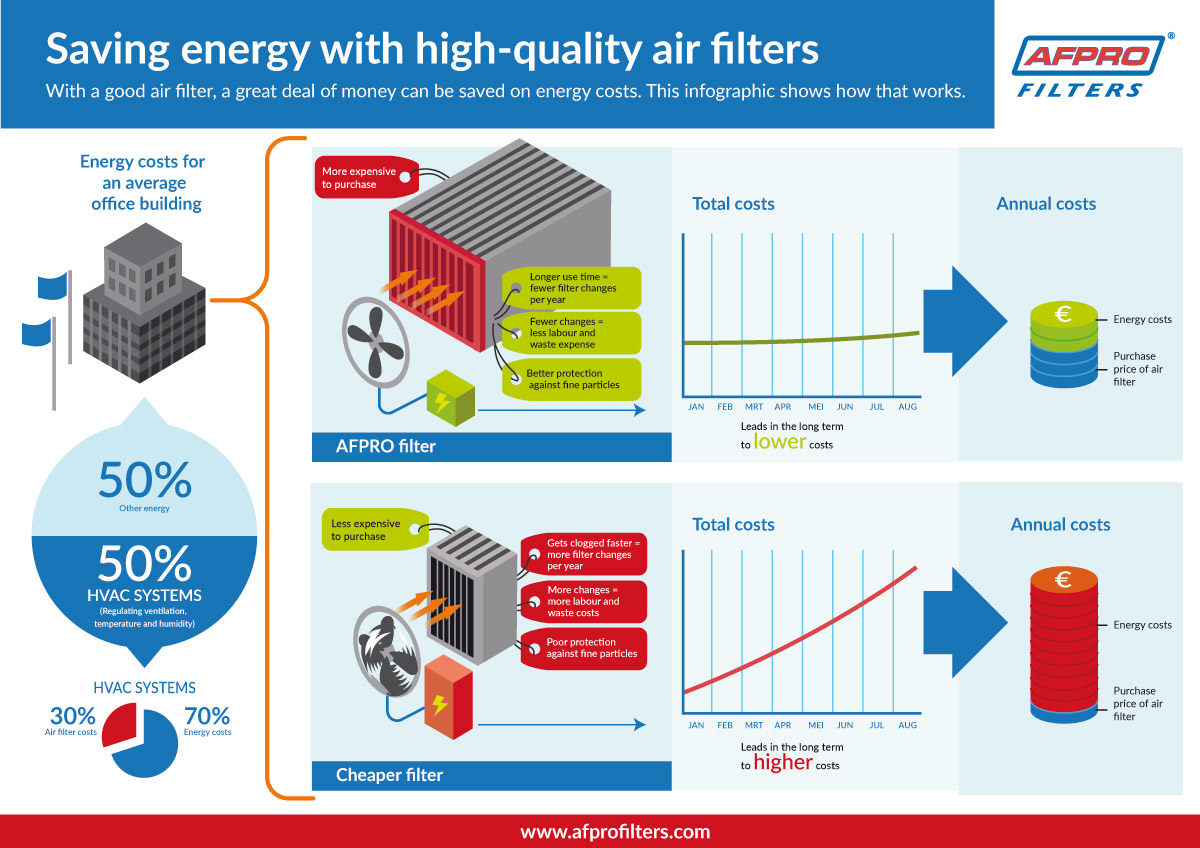Analyzing Weather Condition'S Role In Heatpump Effectiveness And Suggestions For Optimization
Analyzing Weather Condition'S Role In Heatpump Effectiveness And Suggestions For Optimization
Blog Article
Material Author-Drejer Crabtree
When it concerns your heatpump, weather plays a crucial function in its performance. From freezing temperature levels to sweltering heat, each aspect can influence just how efficiently your system runs. However what can you do to combat these weather-related challenges and ensure your heatpump is working at its best? Keep tuned to find useful tips and methods to optimize your heatpump's performance, no matter the weather conditions it deals with.
Climate Elements Affecting Heatpump Efficiency
Weather factors have a substantial effect on the performance of heat pumps. One essential variable is temperature. Heat pumps work by transferring warm from outside to inside during wintertime and vice versa in summertime. As temperature levels decline, it ends up being harder for the heatpump to remove warm from the outdoors air, lowering its efficiency.
An additional key element is humidity. https://www.forbes.com/advisor/home-improvement/new-hvac-system-cost/ can make it more tough for the heat pump to launch warm during the cooling procedure.
Furthermore, wind speed plays a role. Solid winds can dissipate the warmth absorbed or launched by the heatpump, impacting its overall efficiency.
Tips for Optimizing Heatpump Performance
To boost the performance and durability of your heatpump, implementing a few key approaches can make a substantial difference in its performance.
First of all, ensure routine maintenance by cleaning or changing filters every 1-3 months to stop air flow blockages and take full advantage of air flow. In addition, routine annual specialist inspections to find and address any kind of potential problems early.
Optimum thermostat setups likewise play an important role. During the winter, go for a temperature level setup that's as low as comfy, and during the summertime, established it as high as comfy to lower the workload on your heat pump. Using a programmable thermostat can help you instantly change settings based upon your routine.
Additionally, securing leaks in ductwork and shielding ducts in unconditioned areas can protect against power loss and boost general system performance.
https://www.runnersworld.com/training/a37156471/summer-running-why-it-feels-hard-to-train/ but not least, think about mounting a smart thermostat that can learn your habits and change setups as necessary, more enhancing your heat pump's performance. By complying with these tips, you can guarantee your heat pump operates effectively and efficiently throughout the year.
Best Practices for Weatherproofing Your Heat Pump
For ideal efficiency and effectiveness of your heatpump, applying weatherproofing procedures is necessary. Begin by sealing any kind of voids or fractures around doors, windows, and ductwork to prevent warm loss and maintain a regular interior temperature level.
Insulate subjected pipelines and air ducts to prevent cold throughout winter and make sure proper air movement. Take into consideration installing a safety cover over the outdoor system to secure it from harsh climate aspects like snow, ice, and particles.
Routinely tidy the outside system to get rid of dirt, leaves, and particles that can obstruct airflow and lower efficiency. Additionally, maintain the location around the heat pump clear of snow, ice, and vegetation to enable appropriate ventilation.
Final thought
Now that you comprehend exactly how weather affects your heat pump efficiency, you can take positive steps to enhance its effectiveness. By adhering to the suggestions outlined in this write-up, such as routine maintenance, thermostat changes, and weatherproofing measures, you can ensure that your heat pump runs at its best despite the climate condition. Stay successful and keep your home comfy all year round.
